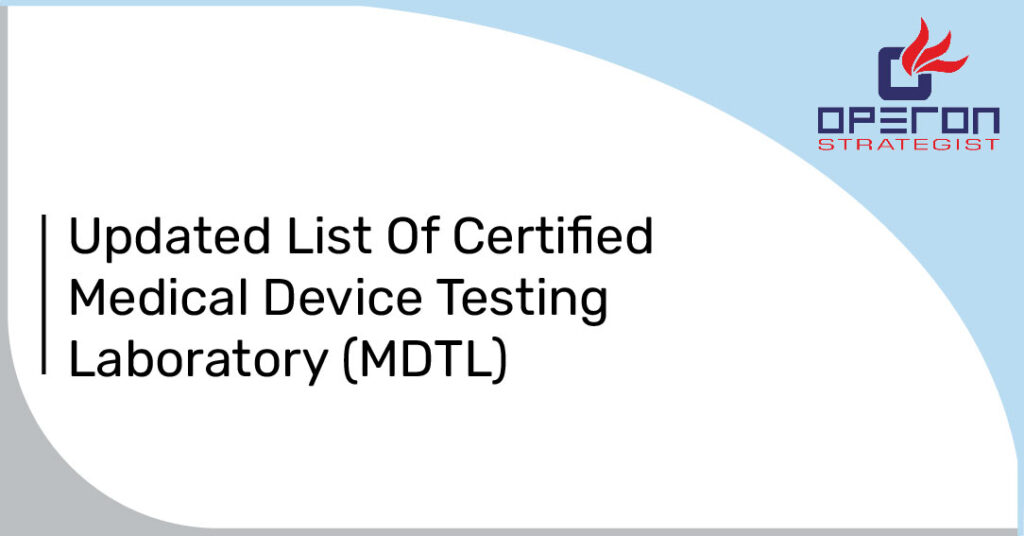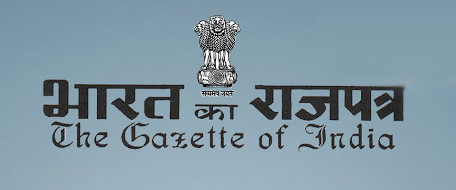India Rejects Clinical Trial Waivers for In-Vitro Diagnostics
New Delhi: The Indian government has resolved not to grant clinical trial waivers for In-Vitro Diagnostics (IVDs), even if these devices have been approved in other developing nations. IVDs are medical devices that test samples taken from the body to diagnose diseases, conditions, or infections.
This decision was made during a recent meeting of the Drugs Technical Advisory Board (DTAB), India’s top advisory body on drug-related matters. The board concluded that IVDs would not be eligible for the same clinical trial waivers granted to certain other medical devices. Previously, the government had removed the requirement for clinical investigations for new drugs offering significant therapeutic advancements that have already been approved in countries like the US, UK, Japan, Australia, Canada, and the EU.
Looking For a Medical Device Regulatory Consultant?
Let’s have a word about your next project
However, for IVDs, the DTAB emphasized the need for country-specific performance assessments. The board noted that the effectiveness of IVDs could vary due to biological differences, genetic factors, and environmental conditions unique to the Indian population. As a result, the board decided not to waive clinical performance evaluations under Rule 64 for IVD approval in India.
This issue was discussed earlier in January 2024, with experts already opposing an amendment to the Medical Devices Rules 2017. The board revisited the matter and reaffirmed its decision to deny clinical trial waivers for IVDs.
India’s IVD market is rapidly growing, driven by the rise in lifestyle diseases and increasing awareness of minimally invasive diagnostic methods. The market is projected to reach $2.34 billion by 2029.
The broader question of granting clinical trial waivers for medical devices approved in developed countries has been under discussion since 2018. At that time, during a meeting of the India-EU sub-commission on trade, EU officials pointed out that new regulations did not require clinical investigations for devices approved by authorities in the US, UK, Australia, Canada, or Japan, though the EU itself was not included under Rule 63(1).
A proposal to amend Rule 63(1) was submitted to the health ministry in 2021, but it was returned to the Central Drugs Standard Control Organisation (CDSCO) for further review in light of updated rules. The health ministry also requested that the DTAB reconsider the matter.
In a separate decision in August, the government agreed to grant clinical trial waivers for drugs treating rare diseases, gene and cellular therapy products, new drugs used in pandemic situations, and new drugs required for special defense purposes that have been approved in developed countries.
Know more about IVD Manufacturing
Get Expert Consultation Services for Medical Device Compliances
Role of Operon Strategist in IVD Regulatory Compliance
Operon Strategist helps In-Vitro Diagnostic (IVD) manufacturers navigate India’s regulatory requirements, especially in light of the government’s decision to deny clinical trial waivers for IVDs approved in other countries. We assist in conducting clinical performance evaluations, preparing submissions to the CDSCO, and ensuring compliance with Indian standards. With expertise in Medical Devices Rules 2017, we provide comprehensive support to streamline the approval process and ensure successful market entry for IVDs in India.
Also, please read our blog Comprehensive Guide to Setting Up an IVD Manufacturing Plant




